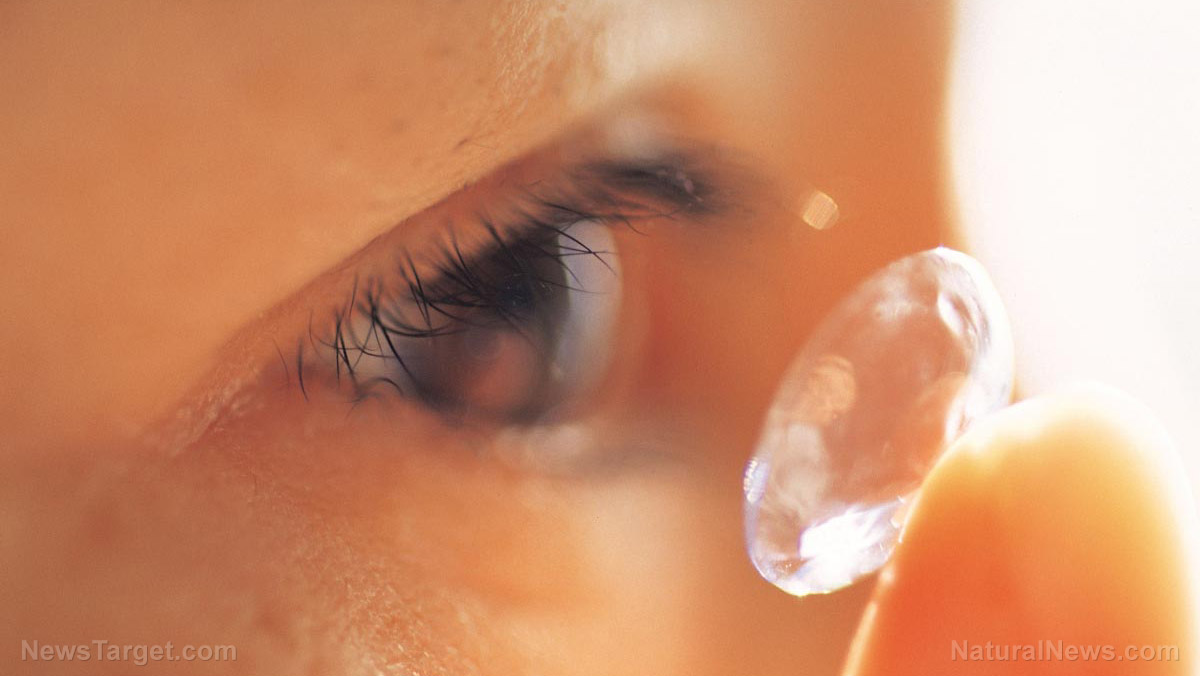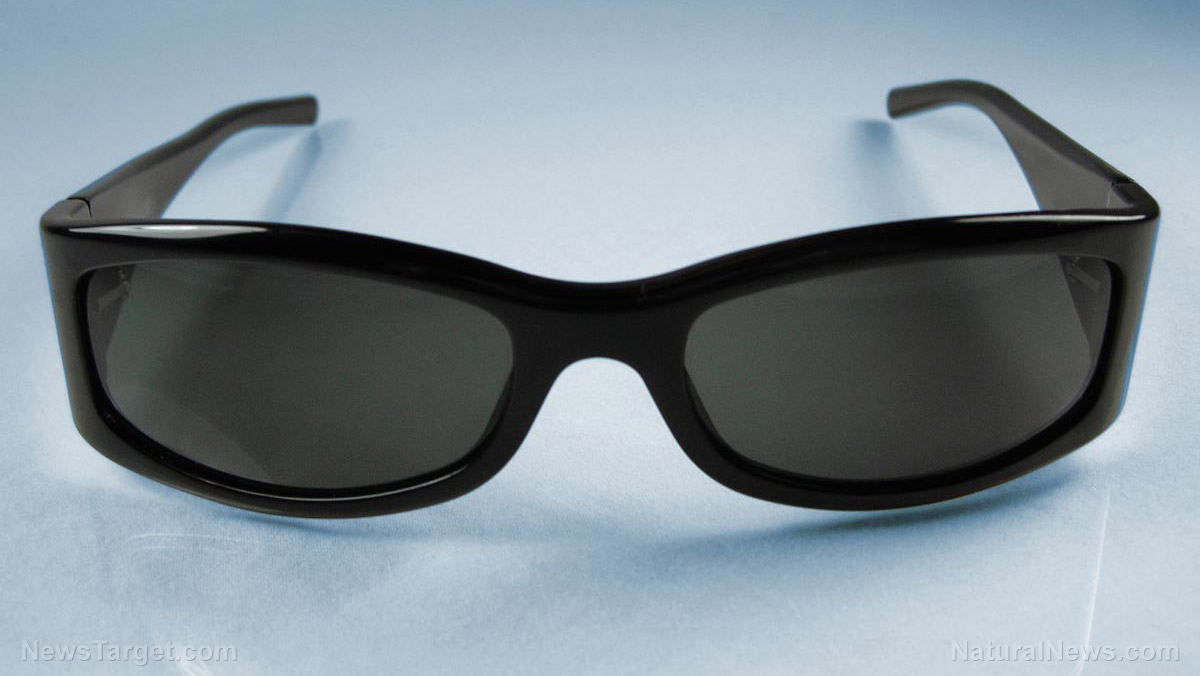The first-ever contact lens that can adapt to ambient light has received the green light from the U.S. Food and Drug Administration (FDA). In a Pharmacy Times article, the Acuvue Oasys Contact Lenses are now approved for commercial release.
The new soft contact lens use light-adaptive technology. When exposed to bright light, they will immediately darken. This reduces the amount of light that go through the lenses, much in the way sunglasses work.
The Acuvue Oasys and its Transitions Light Intelligent Technology are produced by Johnson & Johnson Vision Care, Inc.
According to FDA spokespersons, the new contact lenses are indicated for daily use. They are intended to correct the vision of healthy individuals who suffer from hyperopia or myopia. The lenses may also be used by people who suffer some forms of astigmatism, where the curvature of their eyes hampers their vision.
“This contact lens is the first of its kind to incorporate the same technology that is used in eyeglasses that automatically darken in the sun,” explained Malvina Eydelman of the FDA in an official statement. (Related: Poor vision? Try this simple technology and get these highly revered supplements to naturally support your eyes.)
New contact lenses will automatically darken when exposed to UV light
The lens of the newly-approved Acuve Oasys have a photochromic additive that reacts to ultraviolet (UV) light levels. The additive will adjust the amount of visible light that reaches the eye.
The lenses will darken slightly when exposed to bright sunlight, such as during noon. Their tint will return to normal when the surroundings are less bright, like during night.
Before it granted approval to the Acuvue Oasys, the FDA reviewed the pertinent scientific evidence. One of the studies was a trial involving 24 participants who wore the then-experimental contact lenses while driving during daytime and night conditions.
The study indicated that wearing the light-adaptive contact lenses did not affect the driving ability or the vision of the participants. Based on this and other findings, the Acuvue Oasys was deemed safe for use.
The new contact lenses can be donned on a daily basis for up to 14 days. They should be kept far away from water, removed before sleeping, and only worn for the duration specified by an eye care professional.
Despite the Acuvue Oasys lenses’ ability to filter out UV light, they cannot substitute for dedicated ultraviolet protective eye-wear.
Many Americans suffer from eye problems that require corrective eye-wear
While the Acuvue Oasys may now be released to consumers, the FDA is also dissuading patients with certain conditions from using the new contact lenses. They include:
- People who suffer allergic reactions on the eye surface or surrounding tissues, as they might be triggered or aggravated by the contact lenses or their sterilizing solutions;
- People whose conjuctiva, cornea, or eyelids suffer from any abnormality, disease, or injury;
- People with ongoing eye infections, inflammation around the eye or eyelids, irritated or red eyes, insensitive corneas, or severe dry eye;
- People who have medical conditions that makes it painful for them to wear contact lenses; and
- People who have a systemic disease that involves the eye or could be complicated by contact lenses.
The National Eye Institute says that up to 10 percent of the U.S. population suffer from hyperopia, while 42 percent are afflicted with myopia. Hyperopia is commonly known as farsightedness, while myopia is its opposite, nearsightedness.
As of 2014, the CDC reports that forty million Americans are wearing some form of contact lenses to compensate for these and other eye problems, such as astigmatism.
Read more articles about taking better care of your eyes and the rest of your body at Health.news.
Sources include:
PharmacyTimes.com
FDA.gov



















